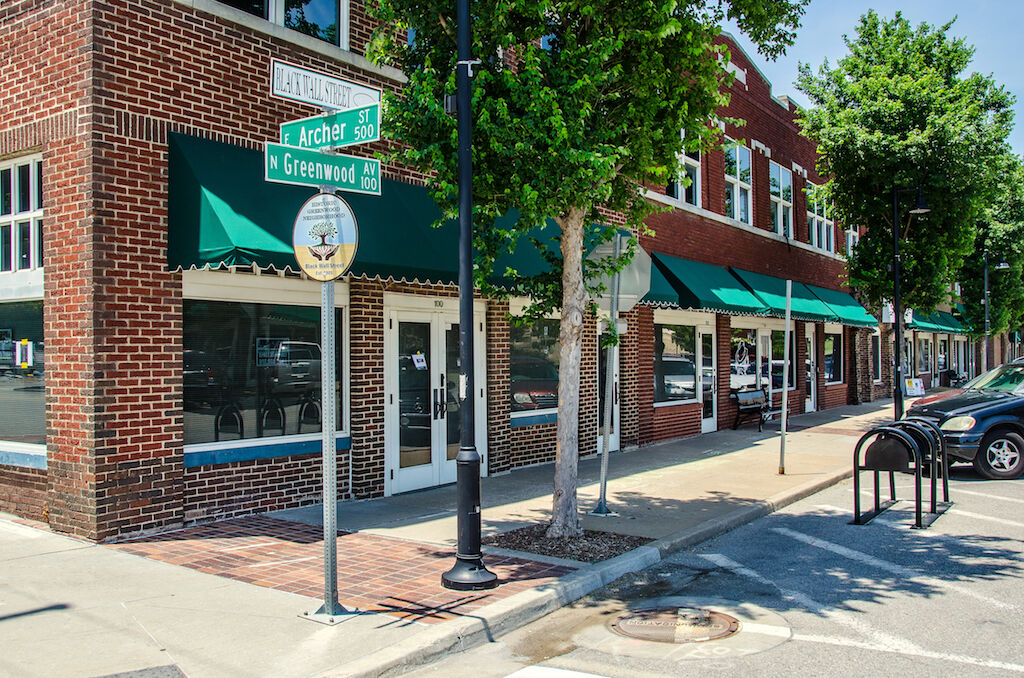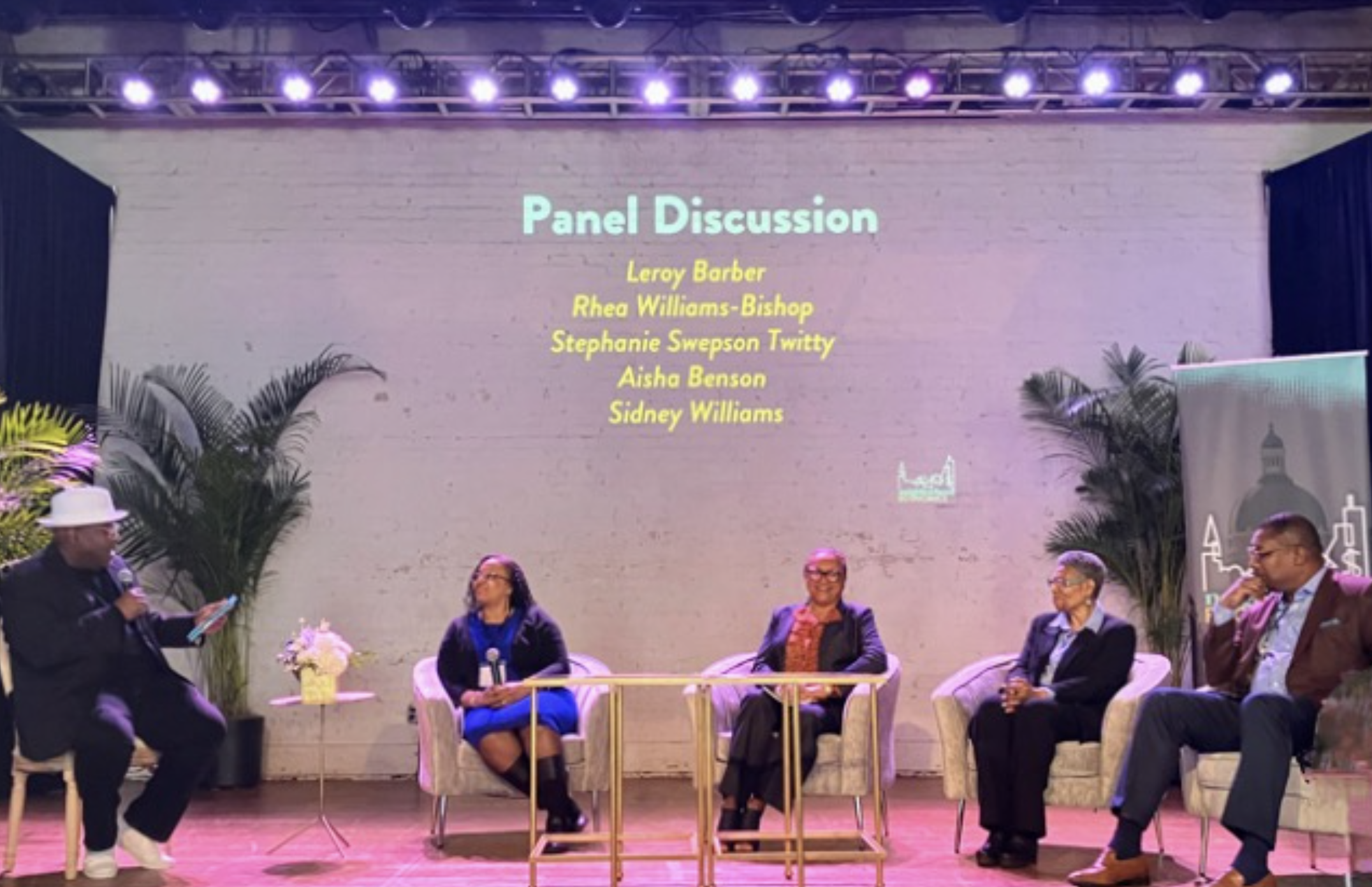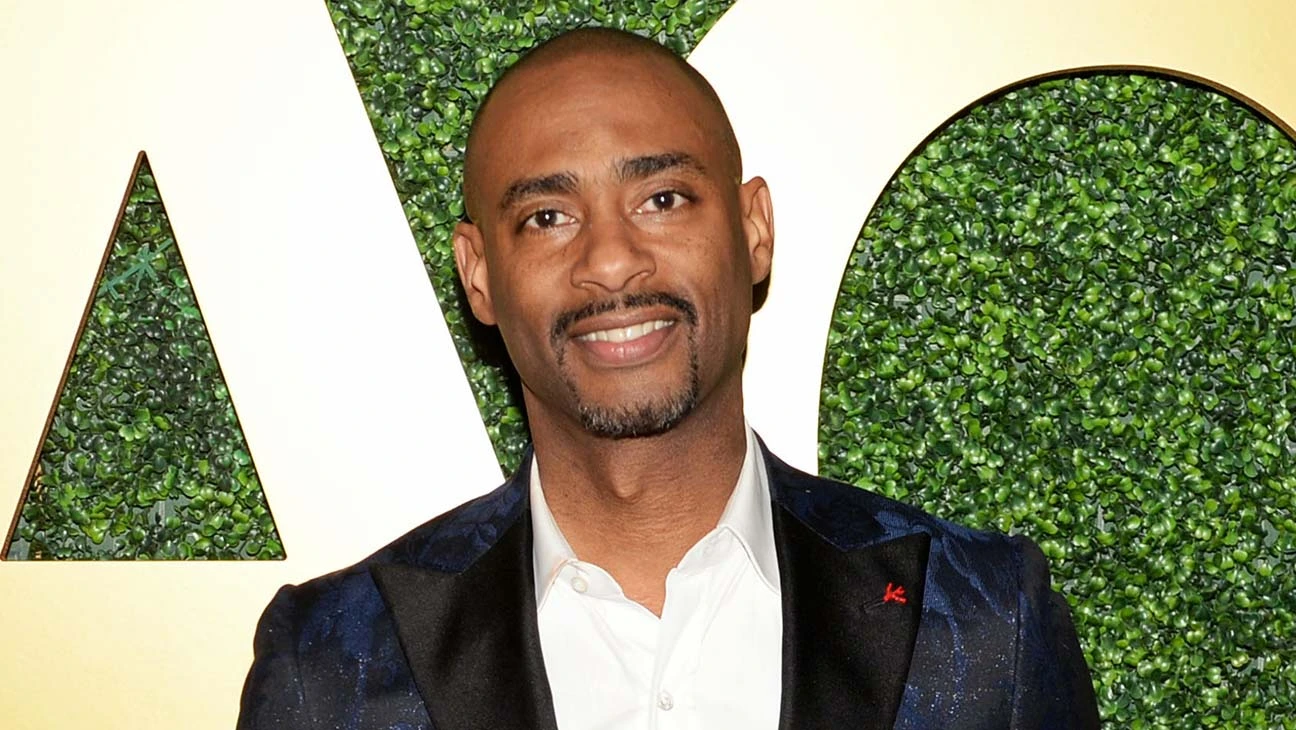ImpactAlpha, June 2 — President Biden became the first president to commemorate the 1921 Tulsa Race Massacre that destroyed the thriving Black community of Greenwood, Oklahoma (listen to The Reconstruction podcast, “How the legacy of Black Wall Street and the Tulsa Race Massacre is shaping a more just future”), “We do ourselves no favors by pretending none of this ever happened or doesn’t impact us today, because it does still impact us today,” Biden said. “The only way to build a common ground is to truly repair and to rebuild.”
The Biden administration announced policies aimed at closing racial wealth gaps with investments in homeownership and small business ownership in communities of color. Biden’s American Jobs Plan includes a $100 billion boost over five years in federal procurement from minority-owned businesses and a $31 billion commitment to small business programs in underserved communities.
Black-owned business
Fawn Weaver of Uncle Nearest Premium Whiskey launched a $50 million venture fund to “recreate a Black Wall Street of sorts within the spirits industry.” The fund has backed London-based Equiano, an Afro-Caribbean rum company, and Black-owned distillery Jack From Brooklyn.
“As an African American, learning about that history broke my heart because we, as a people, were really onto something in Tulsa, Oklahoma,” Weaver said. Less than 1% of spirit brands are owned by people of color.
Paying homage
Entrepreneur Kathryn Finney’s great-grandparents lost their home and a thriving restaurant business in the 1921 race massacre. Finney launched Genius Guild to address “the ways in which capitalism and capitalist markets have been manipulated to limit, exclude, and defraud Black communities — to defraud people like my great-grandparents” (see, “Agent of Impact: Kathryn Finney”).
Other ventures inspired by Tulsa’s history include Greenwood, a neobank founded by former Atlanta mayor Andrew Young, rapper Michael ‘Killer Mike’Render, and Bounce TV’s Ryan Glover to serve Black and Latinx customers.











